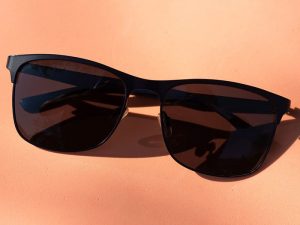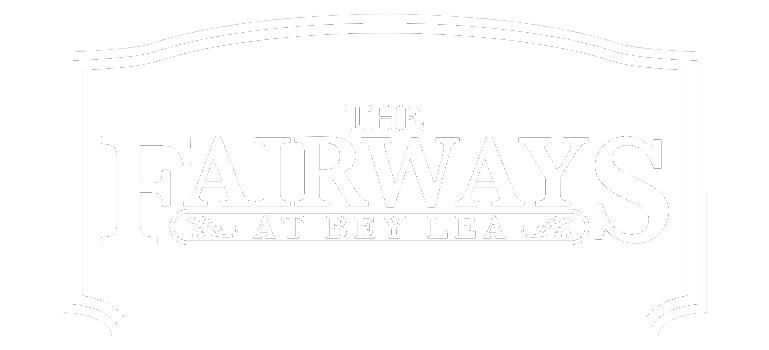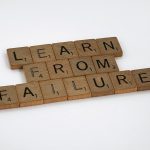10 Tips to Help Protect Your Vision and Eyesight
You do lots of things to stay healthy. You brush your teeth. You eat healthily. You watch your weight. You exercise. And these are all great!
But have you thought about what you specifically do to protect your vision and your eyesight? Maybe you haven’t, but there are some definite things that you can do.
Here are a few tips to help!

- Eat a healthy diet: You’ve probably heard people say that carrots are good for your eyes, but the crucial thing to remember is that a healthy diet is what’s important. A well-balanced diet is important for your overall health, and things such as dark, leafy greens (such as kale, spinach, and collard greens) and foods high in omega-3 fatty acids (such as tuna, salmon, and halibut) are beneficial for your eyes.
- Maintain your blood sugar levels: Did you know that 90% of blindness caused by diabetes is preventable? It’s true. This means if you maintain your blood sugar levels, you may be able to prevent this complication. Make sure you and your doctor set attainable goals that help you do just that.
- Don’t smoke: You know what smoking can do to your lungs, but studies have shown it also affects your eyesight. Smoking can increase your chance of developing macular degeneration, cataracts, and optic nerve damage – which can cause vision problems or blindness.
- Adjust lighting to reduce glare: If you spend time dealing with glare off of various surfaces, you may need to adjust your lighting. While a glare will not damage your eyes, it can lead to eye fatigue.
- Take breaks from your computer screen: Yes, you need to take breaks from your computer screen. You want to keep your computer screen at about an arm’s length away and consider blue light blocking glasses.
- Blue light blocking glasses are designed to filter or block the blue light given off by electronic screens. And you don’t need to wear glasses normally to wear blue light blocking glasses.
- Wear your sunglasses: Get yourself some great sunglasses that block UV rays. UV ray-blocking sunglasses can prevent damage to your retinas and protect the skin around your eyes. Look for sunglasses that block 100% of UV-A and UV-B rays. (This information should be clearly marked on the sunglasses.
- Wear safety glasses: Wearing safety glasses isn’t just for chemistry class. You should wear safety glasses (or other protective gear for your eyes) when doing anything that might cause injury or damage to your vision. While playing sports and mowing the lawn are just two examples of times when you should wear safety glasses.
- Don’t wear old eye makeup: When was the last time you went through your makeup and tossed away old makeup? Has it been a while? Wearing old makeup (for example, mascara and eye shadow) can lead to eye infections. Good Housekeeping offers some advice as to when you should throw away your makeup.
- Learn your family history: Some eye problems are hereditary. Talk with your family members and see if they are suffering from any eye diseases or problems, and speak to your doctor to learn if they might be an issue for you.
- Have your eyes checked regularly: And yes, just like you see your general practice doctor on a regular basis for checkups, you should see your eye doctor, too. Their expertise can help you prevent future problems.
Protecting your eyesight and vision is an important part of your overall health. Follow these tips to do just that as you age.
Recent Posts








